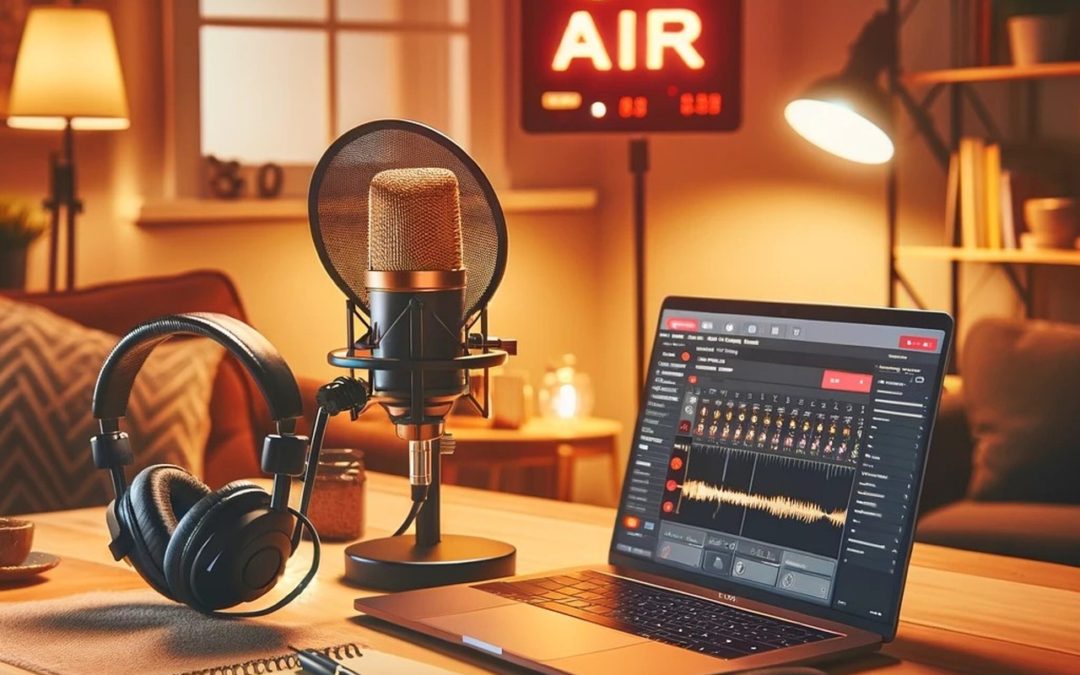In the dynamic world of podcasting, where storytelling, knowledge sharing, and entertainment collide, the importance of a well-organized schedule and an effective follow-up system cannot be overstated. As the podcasting landscape continues to evolve, podcasters must harness the power of efficient scheduling and follow-up strategies to ensure seamless production, guest management, and an overall enhanced podcasting experience.
Efficient Scheduling for Podcast Episodes:
One of the fundamental pillars of successful podcasting lies in maintaining a consistent recording schedule. Establishing specific days for recording not only aids hosts in effective time management but also provides guests with clear expectations regarding their availability.
A regular recording schedule contributes to the creation of a structured and reliable experience for the audience. This predictability fosters listener loyalty, as they come to anticipate new episodes at designated times. Furthermore, a set recording schedule empowers hosts to plan their content and guest lineups well in advance, facilitating a smooth and organized production process.
To streamline the scheduling process, podcasters can leverage tools such as Calendly. This popular scheduling tool allows guests to select a convenient time slot from the host’s available options, automating the scheduling process. The seamless integration with calendars eliminates the need for manual coordination and ensures that appointments are added promptly to both the guest’s and host’s calendars.
The Benefits of Detailed Show Notes:
In the podcasting realm, detailed show notes play a pivotal role in enhancing the overall listening experience. Show notes provide a concise summary of the episode’s content, key takeaways, and relevant links or resources mentioned during the conversation. This information serves as a valuable reference for listeners who wish to revisit specific points discussed in the episode.
Beyond audience benefits, detailed show notes also streamline the podcast production process. The production team can efficiently access the necessary information, including links and resources, from the show notes to craft a polished final product. This efficiency not only saves time but also contributes to the overall professionalism of the podcast.
Moreover, incorporating relevant keywords into show notes can boost search engine optimization (SEO). By making the podcast’s content more accessible to search engines, podcasters increase their chances of reaching a broader audience.
Streamlining Guest Management with Follow-Up:
Guest management is a common challenge faced by podcasters, with invitations often extended but recordings failing to materialize due to a lack of follow-up. In the podcasting landscape, where professionalism is key, failing to follow up can lead to missed opportunities and unfulfilled collaborations.
Effective follow-up is paramount in maintaining a professional and reliable podcast. It communicates to potential guests that their participation is valued and ensures a higher likelihood of them accepting invitations and committing to recordings. A prompt follow-up demonstrates the podcaster’s dedication and enthusiasm for creating quality content.
To streamline the follow-up process, podcasters can leverage email automation or scheduling software. These tools can send automated reminders to guests, keeping them informed about upcoming recordings and providing all necessary details. Automation not only saves time but also mitigates the risk of overlooking follow-ups in the hustle of podcast production.
Conclusion:
In this exploration of the podcasting landscape, we have underscored the significance of scheduling and follow-up in elevating the podcasting game. A consistent recording schedule creates a reliable and structured experience for the audience, while tools like Calendly streamline the scheduling process for both hosts and guests.
Detailed show notes not only enhance the listener’s experience but also contribute to a polished final product and improved SEO. Efficient follow-up practices are essential for successful guest management, demonstrating a commitment to professionalism and quality content creation.
In conclusion, scheduling and follow-up are not mere administrative tasks but integral elements that contribute to a seamless production process, effective guest management, and an enriched listening experience. Podcasters who embrace these practices can elevate their podcasting endeavors, creating a successful and engaging show in a competitive landscape.
Need help launching your podcast?
Schedule a Free Podcast Strategy Call TODAY!


Recent Comments